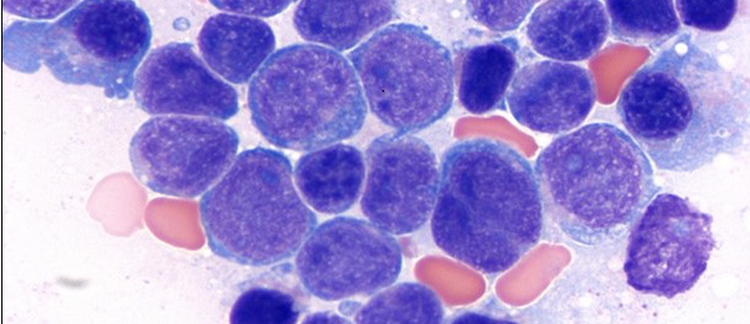Abstract
Pathology as a discipline can be traced to the 17th Century, B.C. Over the past 4,000 years, pathology has experienced four eras: the morphological, immunological, genetic, and molecular eras. Molecular pathology emerged in 1970s when Southern blot was employed to detect gene rearrangements in cancer cells. DNA sequencing and polymerase chain reaction (PCR) further revolutionized the diagnosis of human diseases. Gene profiling array and next generation sequencing are being applied in clinical diagnostics. While marveling at the advancement of new technologies, pathologists should be aware of the many challenges over the horizon. These include: 1) atypical morphology and aberrant gene expression make it more and more difficult to classify cancers; 2) genetic studies that play more and more important roles in diagnosing diseases; 3) precision medicine which renders morphology-based diagnosis less and less meaningful; 4) the reality of robust and affordable global sequencing of tumors. With development of various omics, traditionally morphology-based pathology will face even more challenges. However, these challenges can also be opportunities for pathologists, such as diagnosing diseases based on biology; classifying diseases based on therapeutic targets; getting more involved in clinical decision making; and discovering new biomarkers and therapeutic targets. Seizing these opportunities will be essential for pathology to play a central role in the 21st Century medicine.
Keywords
precision pathology, molecular era, challenges, opportunities, targeted therapy
How to Cite
Zhao, X. F., (2017) “Pathology in the Molecular Era: Challenges and Opportunities”, Hematopathology 2(2), 75-83.
391
Views
651
Downloads
